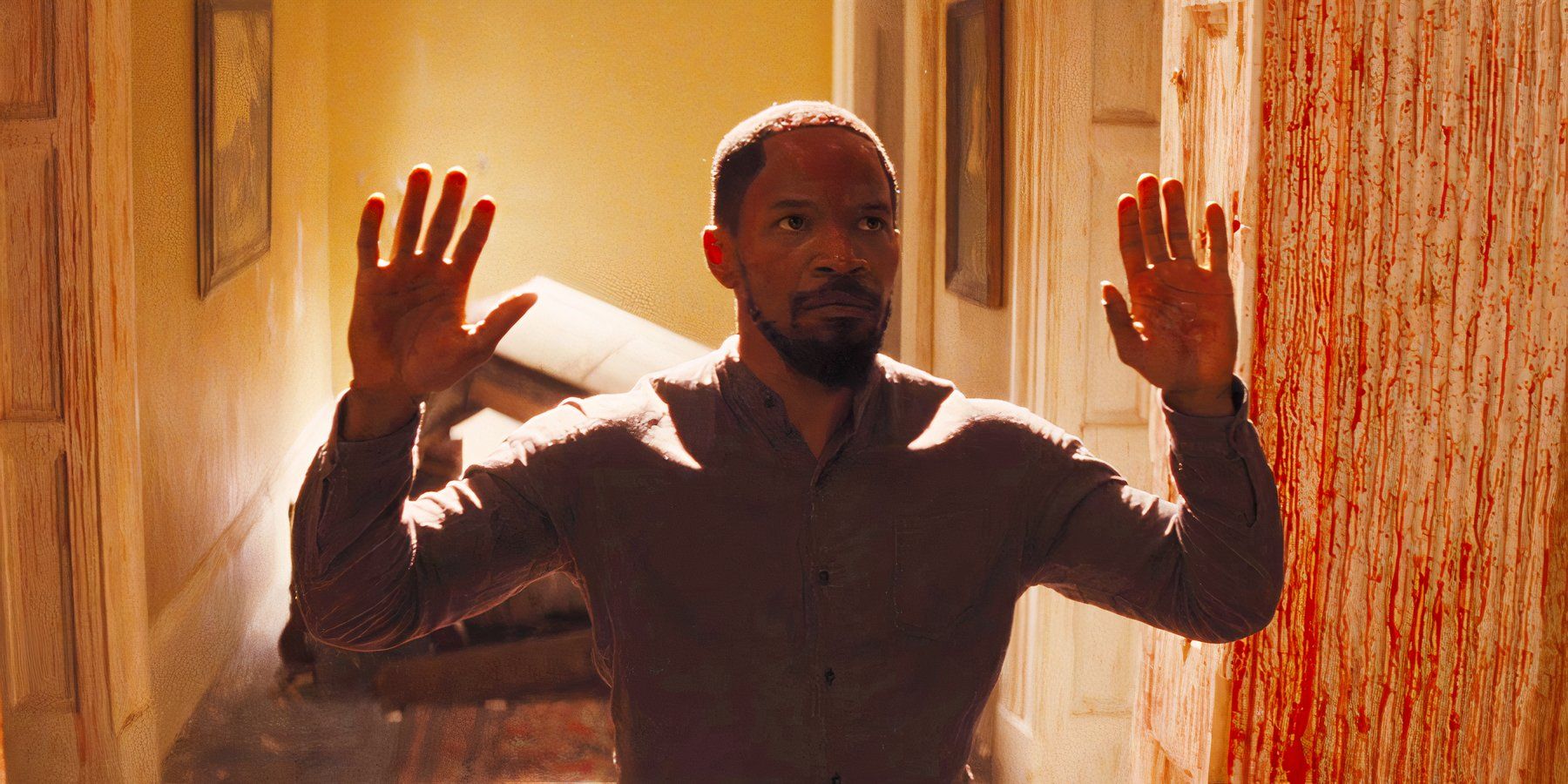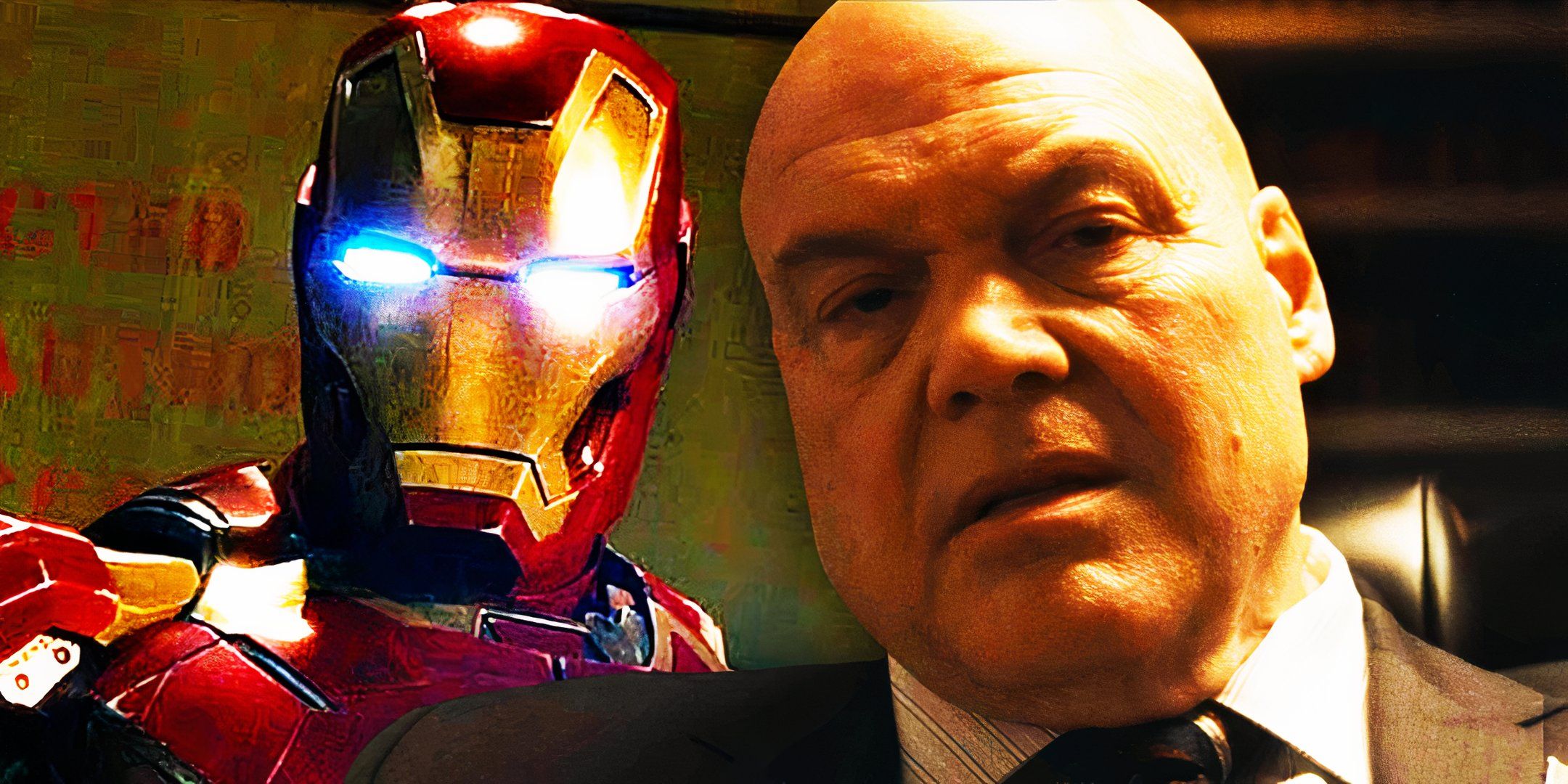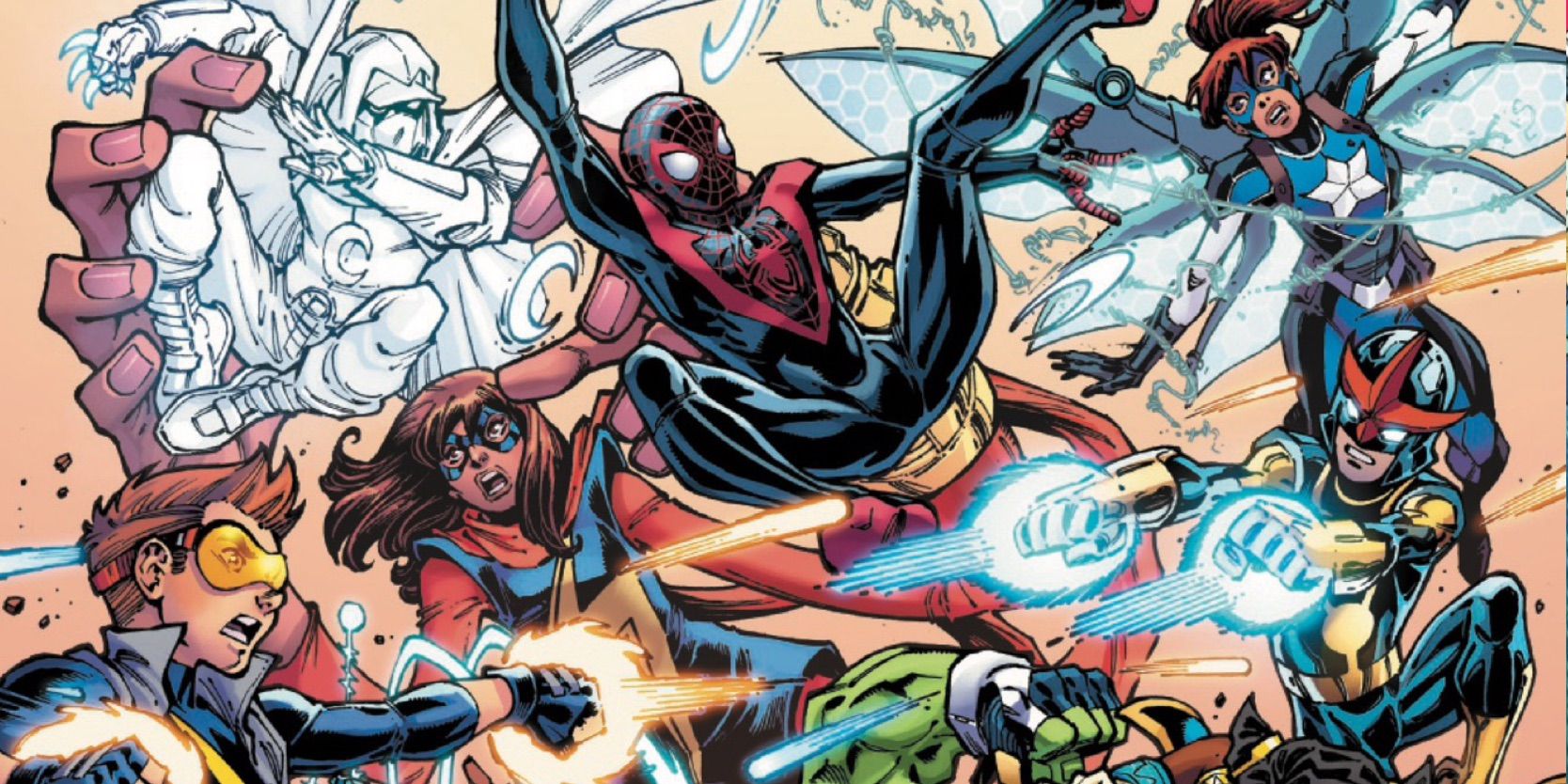"Exaggerates Everything": Why Quentin Tarantino's 2012 Oscar-Nominated Western Movie Is Inaccurate Explained By Historian
Summary An Old West historian rates Django Unchained a five out of 10 due to its exaggeration of various aspects of life during that time, including bounty reward amounts and law enforcement.
Quentin Tarantino is renowned for his unique style and sensibilities, and Django Unchained was praised for the ways in which he injects these into the Western genre.
The 2012 Western was a critical and commercial hit, and the film's historical accuracy isn't all that important in the grand scheme of things.
A real-life cowboy and Old West historian analyzes Django Unchained and gives Quentin Tarantino's Western a middling accuracy grade. Released in 2012, Django Unchained marks Tarantino's first major foray into the Western genre. The movie tells the tale of freed slave Django (Jamie Foxx), who partners with a German bounty hunter, Dr. Schultz (Christoph Waltz), to rescue his wife from evil plantation owner Calvin Candie (Leonardo DiCaprio). The film brings many aspects of the Old West to life, all in a very Tarantino way.
In a recent video for Insider, Old West historian Michael Grauer grades Django Unchained for its historical accuracy.
While the movie does get some things right, such as the general German attitude towards slavery, Grauer ultimately awards the film a middling five out of 10 for its exaggeration of certain aspects of Old West life. Check out Grauer's comment below:
“There just weren’t enough formal lawmen, so ultimately you have bounty hunters who are eventually deemed to be law enforcement on some level, and they tended to operate beyond the fringes of proper behavior for a lawmen. There were some law women, not very much, and that’s an important distinction. “Now as far as a $7,000 bounty, that seems excessive to me. Most of these towns were so poor they couldn’t offer up bou nties of any size. “Them partnering up and him teaching him the quick draw and being proficient with firearms, I think we really ought to start with the German immigrant. Germans, to a person, were abolitionists. They didn’t believe in slavery at all, and so the fact that he helps to free Jamie Foxx’s character that’s probably fairly unusual, but not terribly inconsistent with their feelings on slavery. “It’s surprising to me that Westerns that being made in recent years still show that you can shoot someone down in the street with no repercussions. If you committed a crime, you went to jail. You were indicted, you were arrested, you were arraigned, and eventually you had a trial. “I will say something about the sheriff that he shoots, that he claims is outlaw Willard Peck, that happened quite often. You would have an outlaw who decided to reinvent themselves as a lawman. “As far as the storyline, in some respects, again, belies credulity, because Quentin Tarantino exaggerates everything.”
How Much Does Django Unchained's Lack Of Historical Accuracy Actually Matter?
Why It's Not A Big Deal
While Django Unchained is a Western, it's undoubtedly a very Tarantino Western. Over the course of his career, Tarantino has established himself as a filmmaker with a unique voice, style, and sensibility. He has certain director trademarks, including a general sense of exaggeration, especially when it comes to violence. The Django Unchained ending is one of the bloodiest sequences in Tarantino's entire filmography.
Related Every Quentin Tarantino Movie, Ranked By Rewatchability Quentin Tarantino is a legend of filmmaking. But some of his movies, like Pulp Fiction, warrant more revisits than others, like The Hateful Eight.
Django Unchained was a major hit with audiences and critics alike, boasting an 87% critics score and 92% audience score on Rotten Tomatoes. The movie was praised for the ways in which Tarantino injects his over-the-top style into a genre that had been relatively stagnant and unpopular for decades. Made on an estimated budget of $100 million, the film ended up making an impressive $425.4 million worldwide.
What's most important for Django Unchained, and most other films, is that the story and the characters feel true to the world that the filmmaker created, not the real world (unless that's what the filmmaker is trying to accomplish). If done right, most audiences will suspend disbelief and not care whether something is realistic because they're invested in the story and the characters. Django Unchained may not have earned a very high accuracy score, but it's lack of accuracy may actually work in its favor.
Source: Insider











COMMENTS